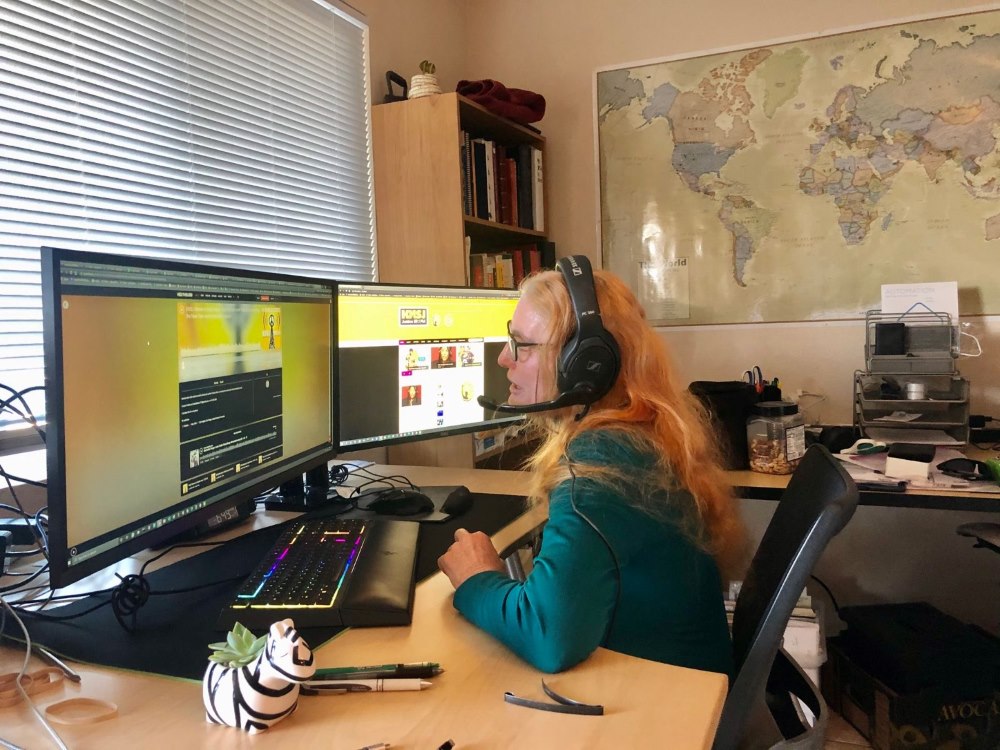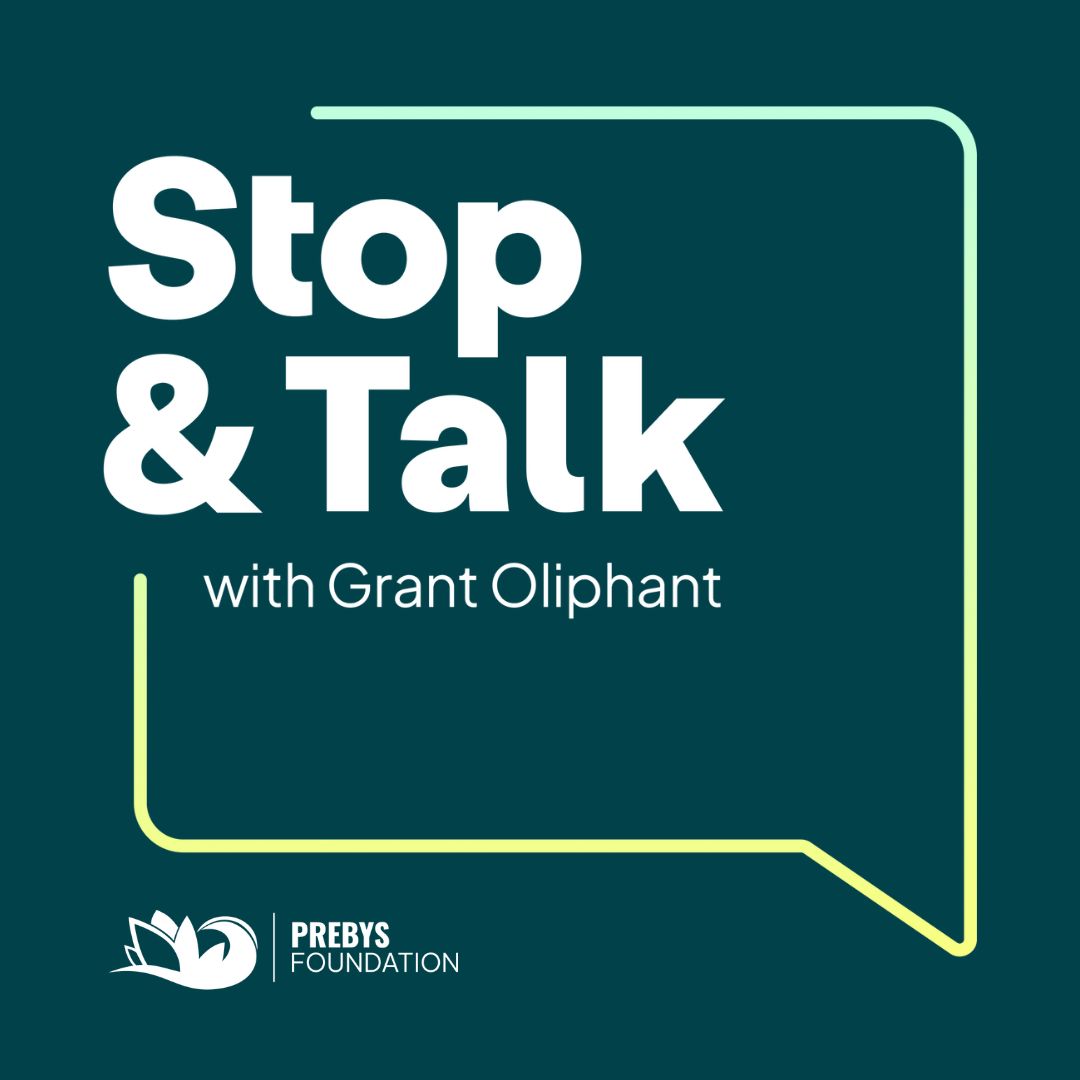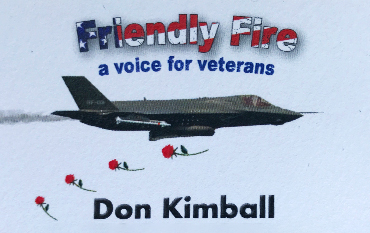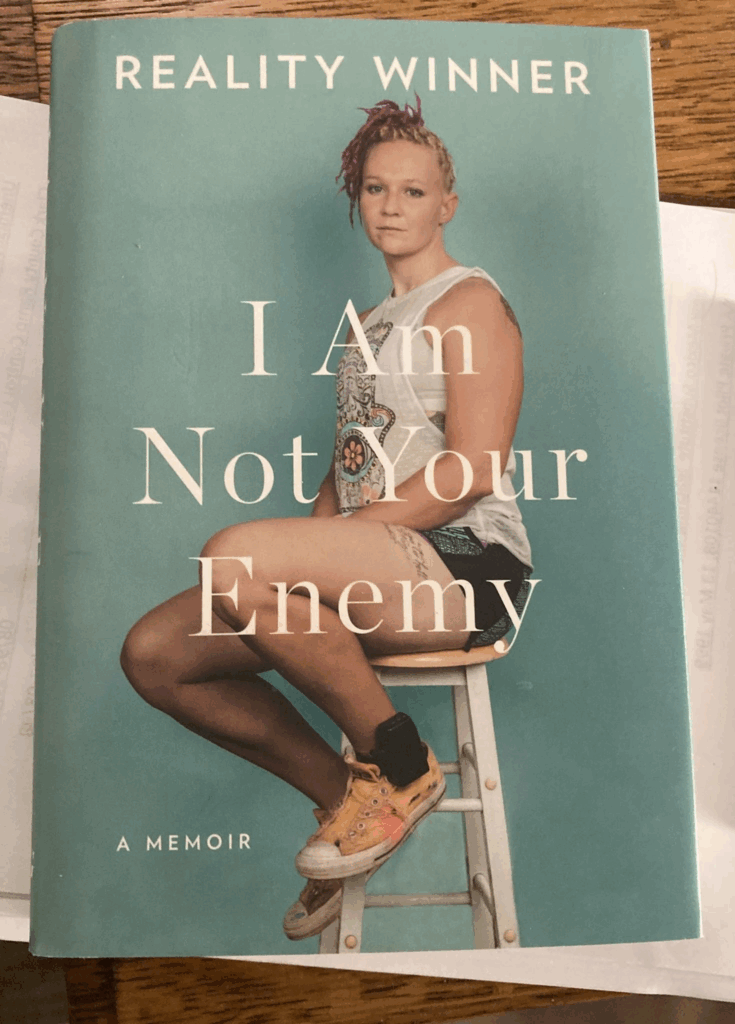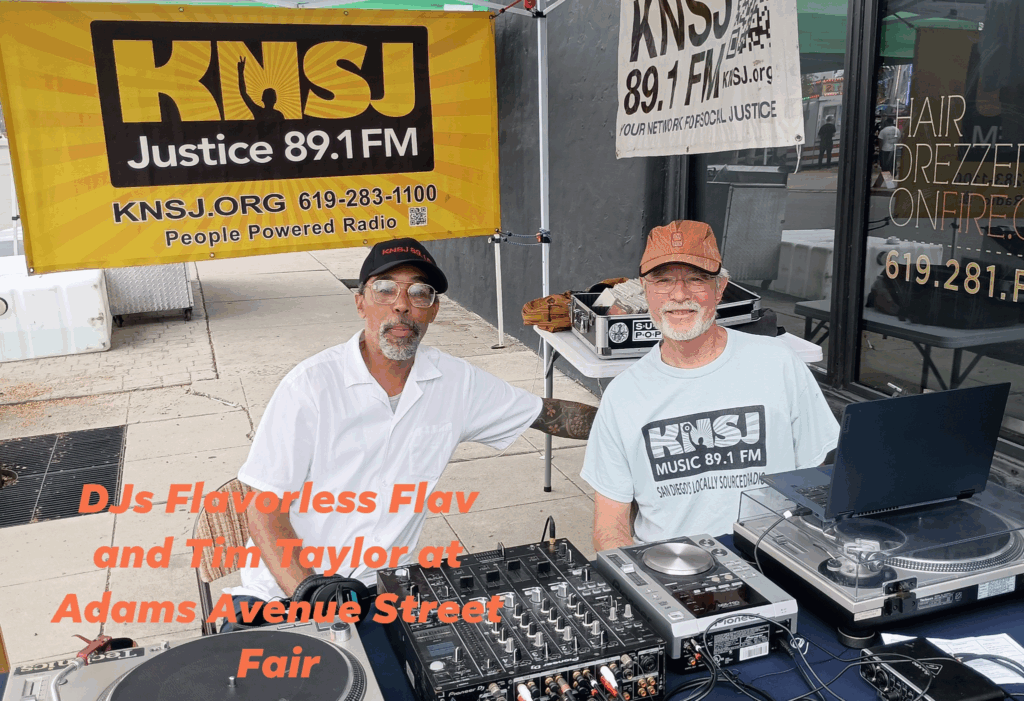THE ELECTRIC PICNIC with Susan Taylor Mon 8am Wed 3pm, Sat 7pm
CARL HALLBERG
Poet, Essayist, Musician, Puppeteer
Carl Hallberg was born in the watershed of the St Croix River of eastern Minnesota surrounded by lakes, eagles, and redwing blackbirds in the summer. Growing up around catholic workers and organic farmers exposed Carl to practices of mutual aid and reciprocal love for the land that formed the basis of his political and social understandings, which fomented in the 2020 uprising after the murder of George Floyd, and the indigenous led movement to oppose Line 3 of the following year. After graduating high school in 2020, Carl moved to New York City and got a degree in acting from the Juilliard School while also falling in with Reverend Billy and the Church of Stop Shopping and the Bread and Puppet Theater. Since graduating in 2024, Carl has toured internationally and nationally with both groups, and premiered a solo show of stories, songs, and puppet shows called A Performed Lecture on Gardening, Neighborliness, and John Brown in April 2025
_______A Statement on Influences and Hopes:
I write songs and make theater, often including original poems and prose. Recently I’ve been making simple, narrative based theater works in the vein of Spalding Grey, with inspiration from the Bread and Puppet Theater and the Rude Mechs of Austin Texas. Across disciplines, I’m inspired by Michael Hurley, gesturing toward decolonial futures, and the why cheap art manifesto by the bread and puppet theater, which says ‘Art has to be cheap and available to everybody because it is the inside of the world. Art is like good bread, art is like green trees, art is like blue sky.’ I’m drawn especially to the work of Michael Hurly, who sings very direct, catchy songs that capture the mystery of ordinary life, and the thrilling beauty of the natural world. By connecting to this beauty we can touch the fierce joy of life that, when united with our friends and neighbors, can beat fascists and topple governments. As the Gesturing Toward Decolonial Futures collective reminds us, there is profound physio-psychological work to be done to hospice the colonial psyche. I aim, through my work, to inspire this fierce joy in the spirit of this greater work, in all of its ordinary daily applications.
I want those who interact with my work to feel their hearts soften and stretch out toward the world, so that they can feel the pain and intensity of the current moment and remain open, connected to their neighbors and to the land around them.


